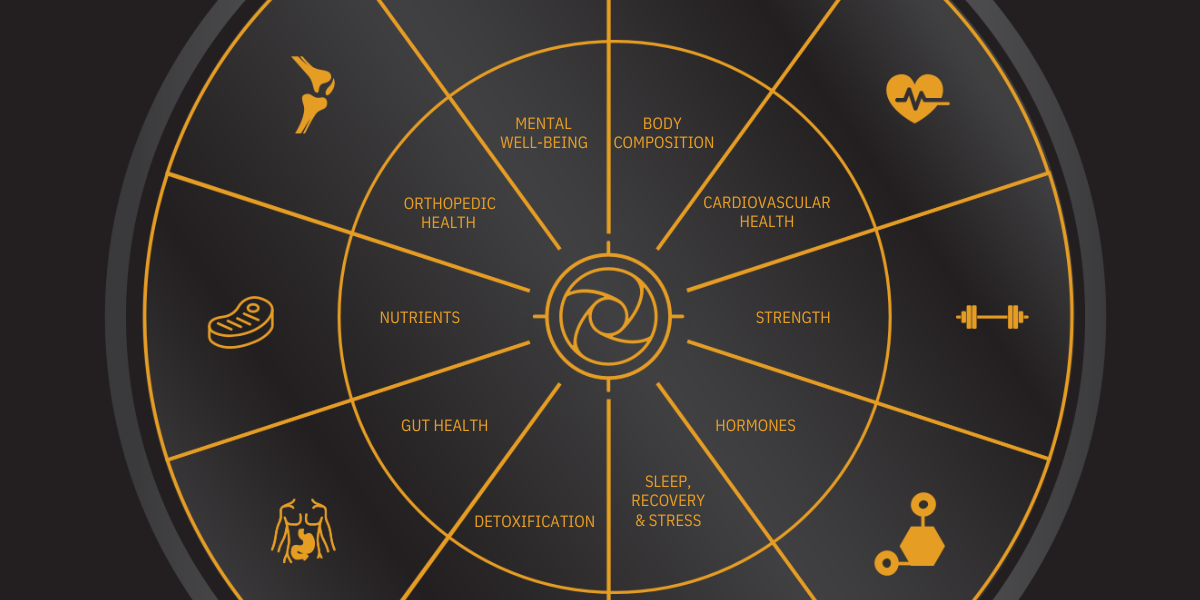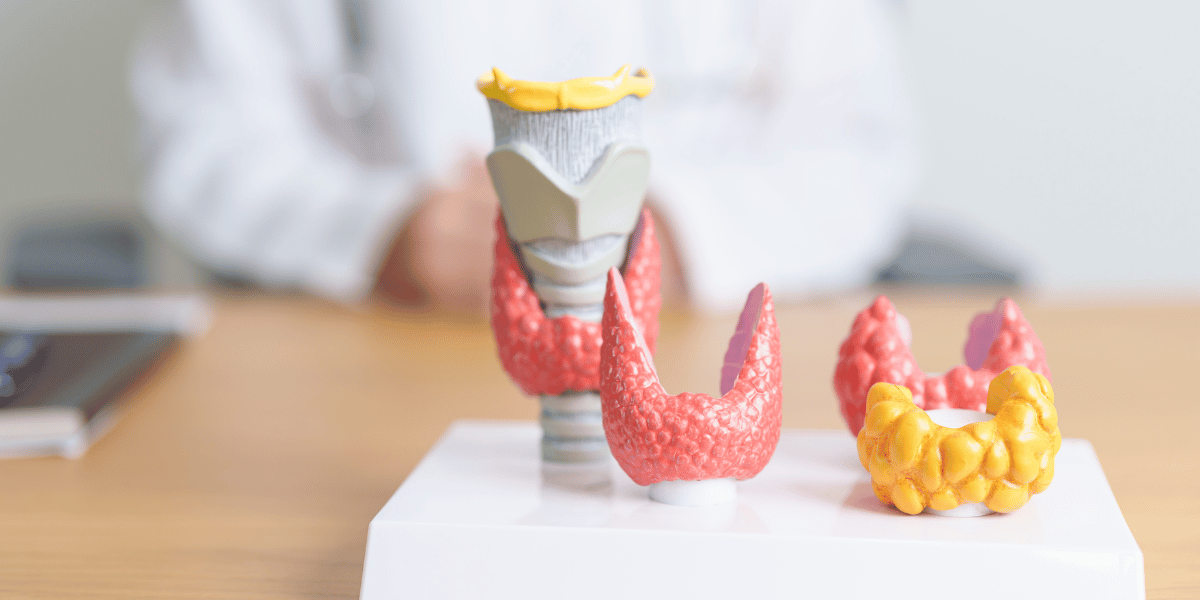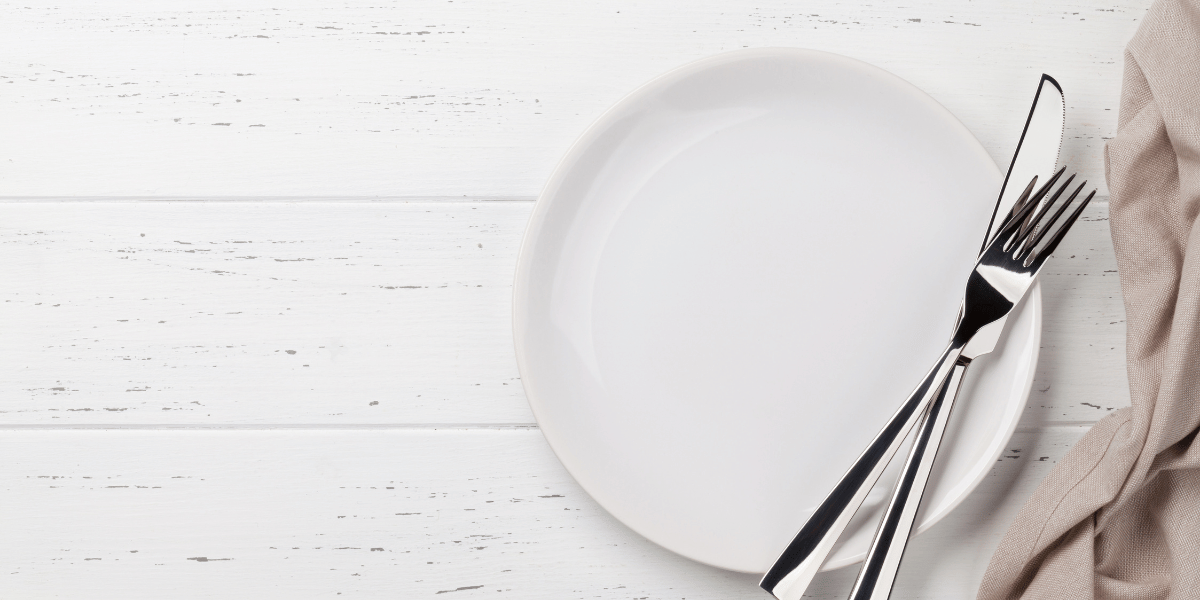Understanding the Wheel of Health: Stark's Comprehensive Approach to Well-Being
At Stark, we believe that true health encompasses far more than just physical fitness. It's about achieving a harmonious balance across all aspects...
.png?width=70&height=70&name=Stark_LogoMark%20(1).png)
Have you ever wondered why you can't stop eating even when you know you're full? Or why do you still want to snack after a big meal? Ghrelin and leptin hormones work in tandem with adipose tissue (aka what people refer to as 'body fat') to control your appetite and satiety. But when this balance is disturbed, you may find yourself constantly overeating or always hungry. Explore how you can restore balance and curb your appetite to reclaim control of your health and eating habits today!
Leptin is the hormone responsible for telling our brains when we're full. Triggered by carbohydrates, higher insulin levels stimulate leptin production, but as adipose tissue increases, so does leptin secretion. A problem arises when our bodies become leptin-resistant, and the signal from the brain is no longer received fully, leading to overeating and an endless cycle. Stress hormones, such as norepinephrine, can also suppress leptin, provoking the common response of stress-eating.
Ghrelin is a hormone that increases appetite and also impacts growth hormones. This hormone is triggered to release when the stomach is empty, and even by the sight of food. However, sometimes, even after meals, we still feel hungry due to high ghrelin levels. This occurs when the brain has not received enough signals from leptin, indicating that the body is full.
One simple way to improve your body’s response to leptin is by adding fiber to your diet. Fiber helps adipocytes, or fat cells, identify fullness sooner and triggers the release of leptin. Additionally, consuming fibrous foods takes up more volume in the stomach, which provides a slight feeling of fullness. This, in turn, reduces ghrelin stimulation and provides relief from unnecessary hunger pangs. Aim to consume 25-50g of fiber daily for reduced insulin sensitivity, reduced ghrelin stimulation, and optimal leptin sensitivity!
Recent studies have also found that exercise and a decrease in adipose tissue can increase leptin sensitivity, which can lead to reduced cravings and better overall health. To improve your leptin sensitivity and reduce your cravings for unhealthy foods, try to incorporate regular exercise into your routine and maintain a healthy body fat percentage.Our bodies are incredibly intricate in regulating what we eat and the timing of meals. Leptin, ghrelin, and adipose tissue serve as internal cues that help us gauge when to stop eating - or at least slow down! While it can be difficult to stay on top of unhealthy habits like overeating, by making simple lifestyle changes such as consuming more fiber-filled foods along with regular exercise routines you can work towards breaking out of a cycle that could leave your leptin resistance low and increase ghrelin stimulation.

At Stark, we believe that true health encompasses far more than just physical fitness. It's about achieving a harmonious balance across all aspects...

Understanding your body's hormonal balance, especially testosterone, and attempting to naturally optimize your hormones is critical in remaining...

This small, butterfly-shaped gland located in the neck may be tiny - but it packs a powerful punch! The thyroid is responsible for controlling our...
